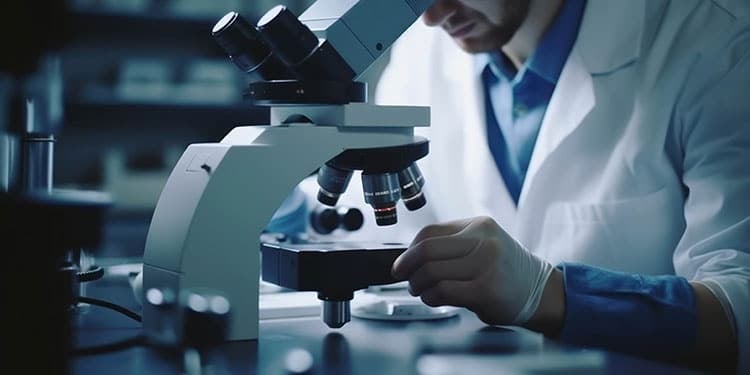Biotechnology company Antisense Therapeutics (ASX:ANP) has obtained positive new data from a research collaboration investigating ATL1102 in the treatment of limb girdle muscular dystrophy R2.

Key Points
- Limb girdle muscular dystrophy R2 (LGMDR2), also known as dysferlinopathy, is a rare genetic condition leading to a reduction or absence of the protein dysferlin in muscle fibres. Patients with LGMDR2 experience progressive muscle wasting, as well as inflammation, fibrosis, and fat accumulation in muscle.
- Antisense’s investigational drug, ATL1102, has been shown to reduce inflammation and fat in Duchenne muscular dystrophy by targeting CD49d, a protein involved in the activity of the immune system1.
- Since February 2023, the company has been engaged in a research collaboration with the Murdoch Children’s Research Institute (MCRI), based in Melbourne, Australia, to investigate potential applications of ATL1102 in LGMDR2.
- In a mouse model of LGMDR2, treatment with ATL1102 partially normalised the function and physiology of the calf muscles to those of healthy animals.
- These data add to previous data suggesting potential applications for ATL1102 in this disease, and the company will discuss options for how best to move forward with its partners and collaborators.
This promising work adds to the growing body of data supporting a role for ATL1102 in muscular dystrophies,” CEO, Dr James Garner, said.
“The drug appears broadly active as an anti- inflammatory agent across a growing field of disease areas2,3, and each new data point helps to validate our belief in its potential. We look forward to continuing this work with our collaborators as we seek to make ATL1102 available to the widest range possible of patients who may benefit.”
LGMDR2 is a rare genetic condition resulting in a reduction or absence of the protein dysferlin in muscle fibres. Unlike Duchenne muscular dystrophy, patients with LGMDR2 typically present later in life, most commonly between the ages of 10 and 30, and the disease affects males and females in approximately equal proportion. There are no FDA-approved therapies for LGMDR2. The disease may not be life shortening, but it is profoundly debilitating.
In June 2022, Antisense reported the results of a pilot study in a preclinical model representing the early stages of this disease4. The present study builds on those promising results by investigating a longer duration of treatment (16 weeks versus six weeks in the earlier study, both administered once weekly) in older animals (nine months of age versus five months in the earlier study) with more advanced disease. The present study includes 30 animals with a model of the disease, compared to 12 healthy (‘wildtype’) mice. Because CD49d, the target of the drug, is structurally different in a mouse compared to that of a human, a murine (mouse) equivalent to ATL1102 is used for the experiments.
This mouse model investigated the calf muscles of the animal, including the soleus and gastrocnemius, as well as the quadriceps muscle of the thigh. In the disease model, the soleus muscle is enlarged, and the gastrocnemius muscle is smaller, in comparison to healthy mice. Treatment with the tested dose regimen appeared to cause a trend towards partial normalisation in the size of the gastrocnemius muscle. In addition, the function of the soleus muscle, as measured through fatigability and recovery, also demonstrated a return towards the normal values seen in healthy animals.
In addition, the researchers examined twitch kinetics, which measures how the muscles ordinarily contract and relax. In the disease model, calf muscle twitch kinetics are increased in comparison to healthy mice. Treatment with the murine version of ATL1102 appeared to partially restore this aspect of muscle behaviour to normal levels in one of the two muscle groups studied. Effects of the murine version of ATL1102 on the levels of fat in the quadriceps muscle (adiposity), and on the biochemical parameters of the muscle tissue, remain under investigation.
Next Steps
Dr Houweling and team anticipate further analyses in due course, which the company plans to submit for presentation at a future scientific conference or for publication in a peer-reviewed scientific journal.
ATL1102 is currently the subject of an ongoing international phase IIb clinical trial in Duchenne muscular dystrophy, with data anticipated in 2H CY2024.




